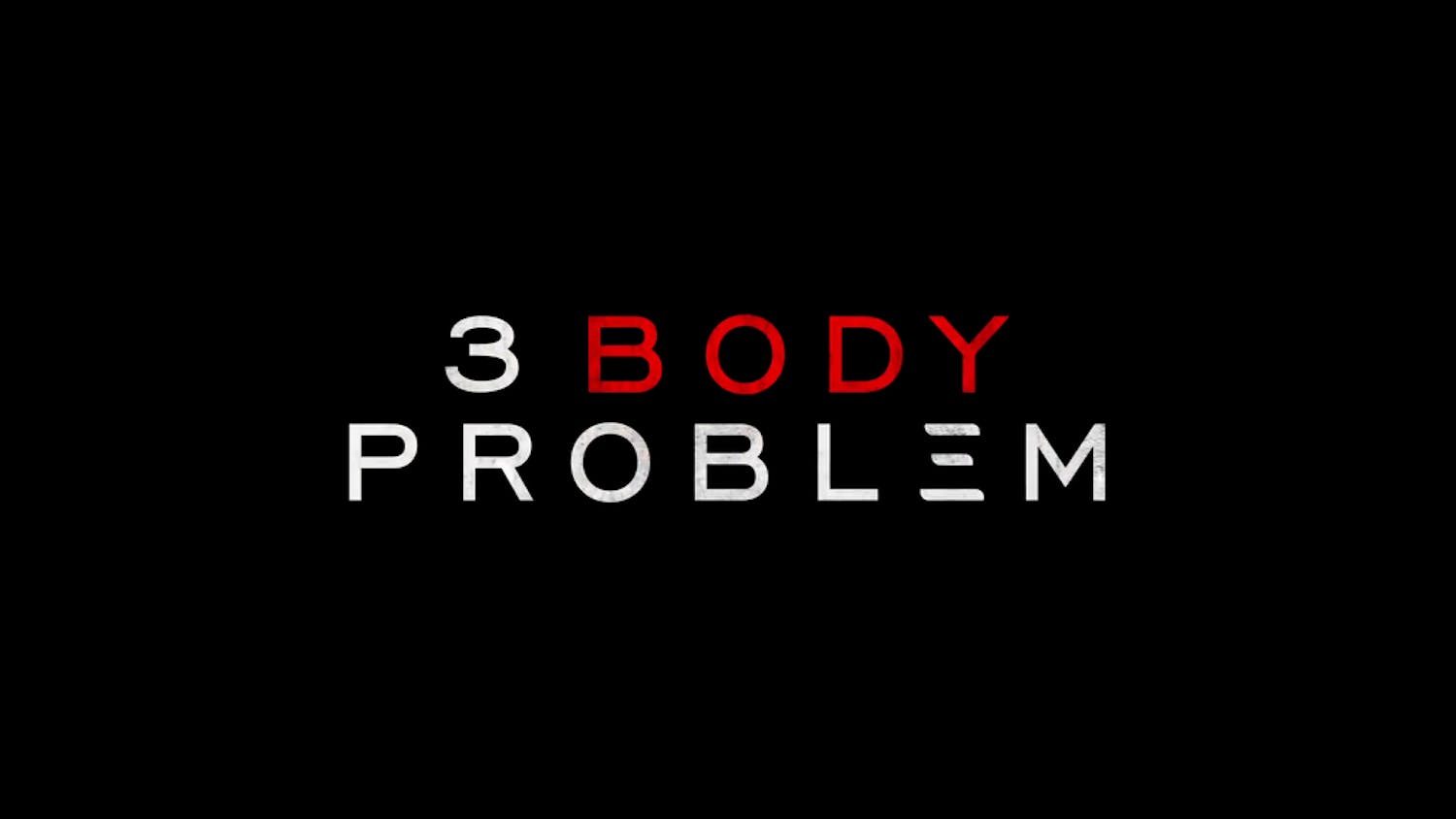This past Sunday, the Revere Hotel screened a series of short films ranging in length from 3 minutes to half an hour as part of the Boston Film Festival. The crowd consisted of middle-aged to elderly Bostonians and a smattering of college students. Since short films are not generally shown in mainstream theaters, opportunities to see them are rare. They are, however, worth seeing, as they just might give birth to the feature filmmakers of our future.
This year, the festival's short film selections ranged from cryptic to corny, and generally provided very little in the way of interesting qualities. Like much modern art, they were meant to be appreciated but not necessarily enjoyed. Laughs from the audience were mostly in response to familiar tropes, not especially clever on-screen choices. The absence of well-known actors, however, was refreshing, and it allowed for more focus on the storylines.
Among the most memorable of the films was director Voki Kalfayan’s wordless comedy “A Man Wakes Up” (2015). It centers around a man who vaguely resembles television’s Adrian Monk, mostly because he appears to suffer from obsessive-compulsive disorder. His house looks vacant and abandoned, and he has a closet filled with duplicates of a single clothing ensemble: a pale blue shirt and khakis. He has a strict routine, and he goes through it without much mirth. One night, he walks into his apartment -- where the entire film is set -- and finds that things are not quite the same. His cat’s tail twitches while he watches TV in the dark, and his pillow needs a bit of adjusting before he can sleep. Most surprising of all, he wakes up to a hairy, tattooed man curled up beside him.
This stranger forces the film’s frustrated protagonist to alter his morning routine. The stranger joins him during his morning squats, uses his toothbrush and even shows up in the shower, all with great enthusiasm. There doesn’t seem to be a way out of this comic confusion.
Soon enough, the two men are having an uproariously good time together, silent-film style. The man’s mood shifts from unamused to joyous. The two do conga lines in the bedroom, brush each other’s teeth and slide the milk and cereal across the breakfast table.
Then, one morning, the man wakes up, and the stranger, now his housemate, is absent from his pillow. He finds him in the living room, which the stranger appears to have decorated quite flamboyantly. The man is furious at the change and begins smashing flowers on the floor. He throws the stranger, and his new life, out the door.
The 14-minute movie ends with reconciliation in the form of a ukulele duet on the roof of the building. It seems to be a commentary on the suddenness and invasiveness of change and the ways in which it forces even the most stubborn amongst us to adjust.
Luke Patton’s four-and-a-half-minute “The Dynamic Double Standard” (2015) is unoriginal and failed to illuminate. It features a woman who runs into the superhero of her dreams and is invited to join him in his crime fighting. However, he makes her put on a revealing outfit whose red, over-the-knee stiletto boots make movement difficult, rendering her an ineffective superhero.She uses her new super-strength to bind him with a metal rod, only to release him on the condition that they switch outfits. He then, of course, proceeds to face-plant in his boots. A jab at the gender gap is always appreciated, but this one fell about as flat as the stumbling superhero.
“That movie moved me,” a man in the audience said mockingly. “I never knew that there was a double standard.”
This reviewer had to agree with his sarcasm.
“90 Degrees North” (2015) features a German businessman trapped on a creepy traffic island. Imagine yourself as a pedestrian standing in the center of Powderhouse Circle, where the circle is entirely deserted and the “little green man” in the traffic light refuses to appear. What's more, imagine that whoever tries to cross the street gets run over by a truck that comes out of nowhere, and the crushed body and blood get slurped up into a grate. That would give you this film. One of the businessman’s companions, who falls into the trap of a flashing green light and then gets run over, says, “This is a civilized country.” His tragic naivete helps to illustrate that even the most relied-upon systems can break down and result in complete anarchy -- that the unexpected can interrupt and challenge the ordered systems on which we think we can rely.
The festival was as entertaining as watching Super Bowl commercials. The mix of genres and accessible length made for an engaging event, but, ultimately, few films were memorable or worthy of recommendation.
More from The Tufts Daily





